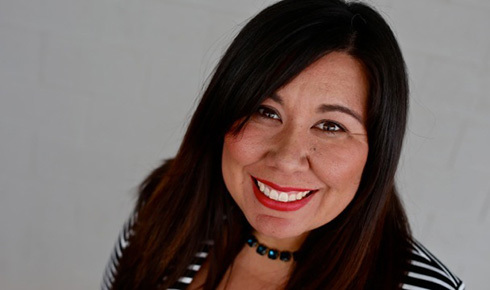
Being a chaplain on a university campus, I am often asked, “How do you reach students in such a secular and post-Christian environment?” It is a great question that begs for a clear-cut answer, but instead of answers, I find the need to ask more questions. I’m drawn to the Gospels, and especially to the story and person of Jesus.
According to a recent Barna report, “Atheism Doubles Among Generation Z,” Gen Z (1999-2015) is “the first generation that does not assert a religious identity.” What does this mean? It means that we are looking at our first official post-Christian generation.
What I find in the life of Jesus is that He rarely gave people straightforward answers; rather, He asked some very thoughtful questions. In my experience, I find that students today are more impressed with good questions than cookie-cutter answers. What I also find is that, as in the way Jesus worked with people, students respond when you go to them instead of expecting them to come to you.
Jesus is a great example of this as He engaged in His public ministry. He was not intimidated to insert Himself in the cultural tension of His day. It is as though He knew just how much to challenge, and then left the rest to the work of the Father.
Are we willing to trust Jesus in a new way, lean into His Holy Spirit in our private time, and watch Him show up in the awkward and messy cultural intersections of our public life?
So, what will this require of us? To be effective in reaching our students, we must lean into the presence of the Father. In a culture that does a splendid job of dehumanizing the “other,” we must bring hope and dignity in the darkest corners of where we are planted. To be “salt and light” (Matt.5:13-16), we must be generous with our lives. Being available in these contexts makes us targets, but it also makes us influencers.
Are we willing to trust Jesus in a new way, lean into His Holy Spirit in our private time, and watch Him show up in the awkward and messy cultural intersections of our public life? Will we work harder to ask better questions, rather than dolling out one-size-fits-all answers? And ultimately, do we know when to walk away and trust the Father with the process?
The harvest is ripe, but it requires us to be more thoughtful, engaged and intentional in our reaping. Pastors and leaders, this generation needs you! Are you up for the challenge?
